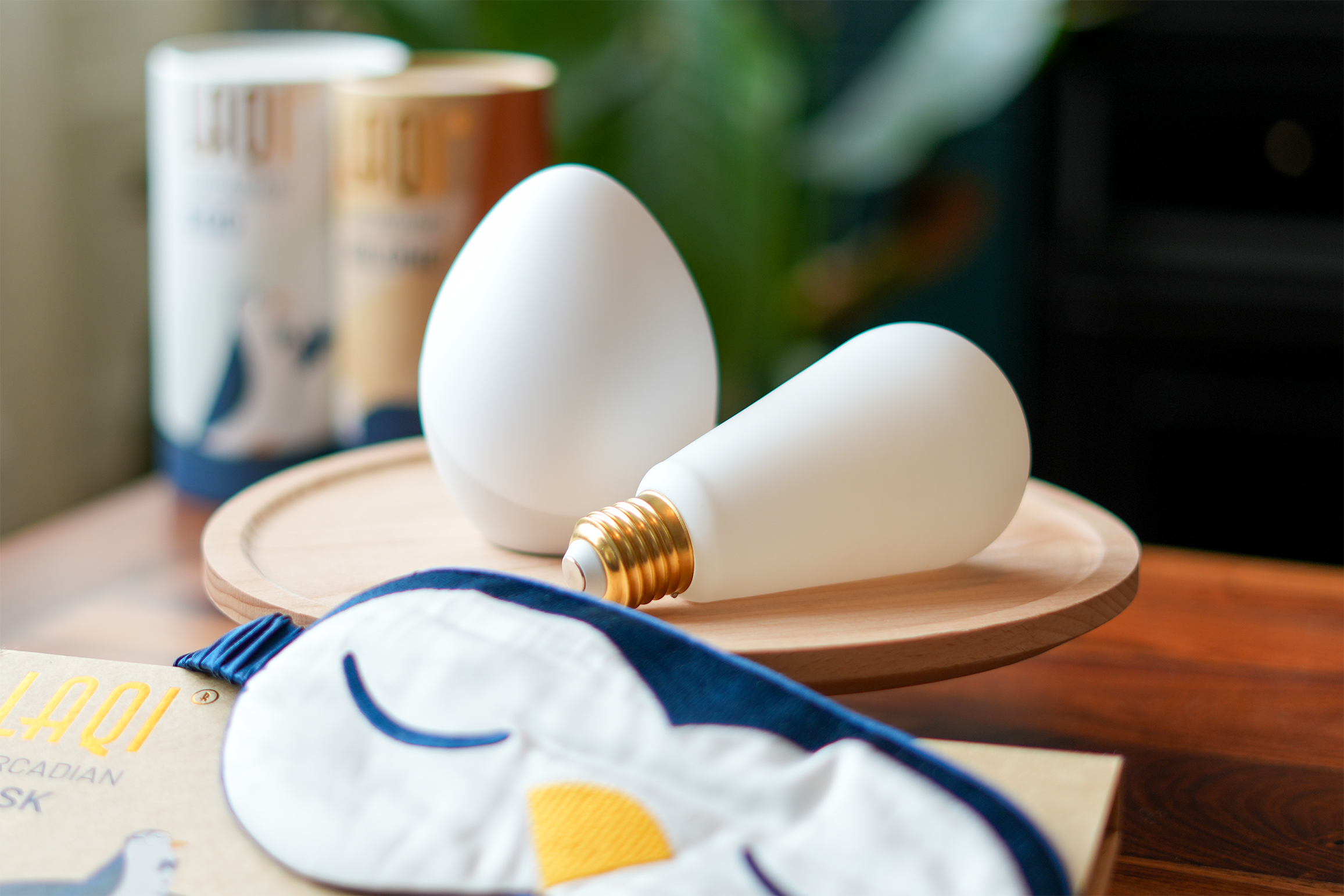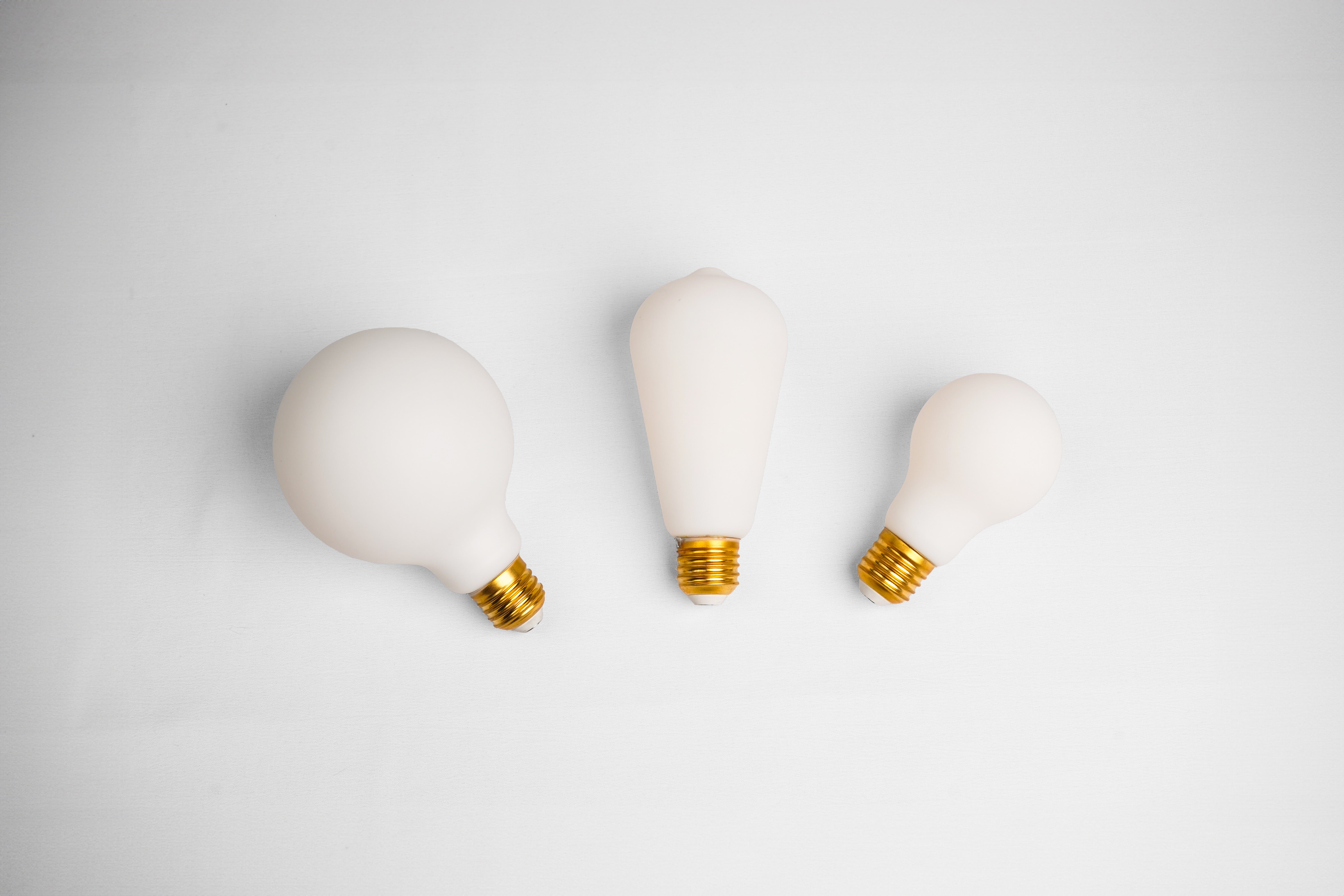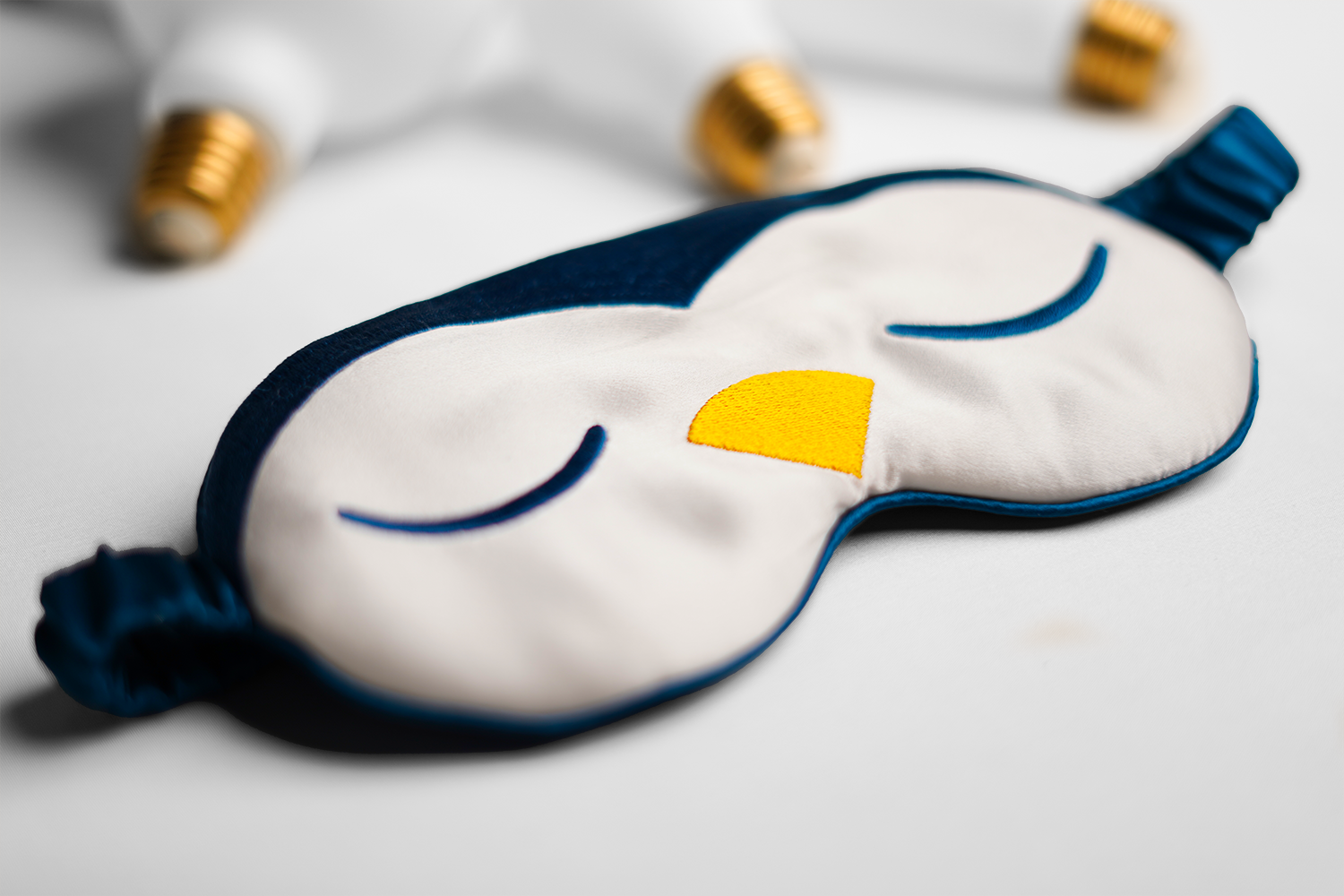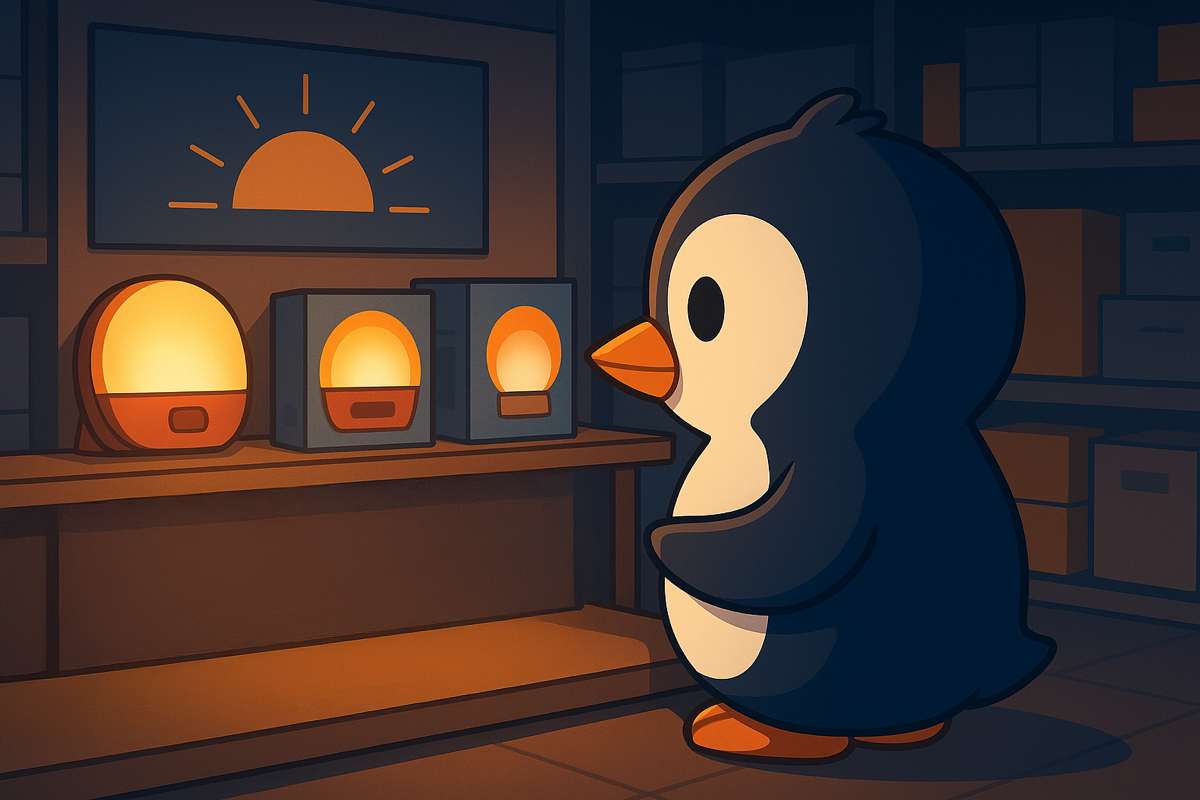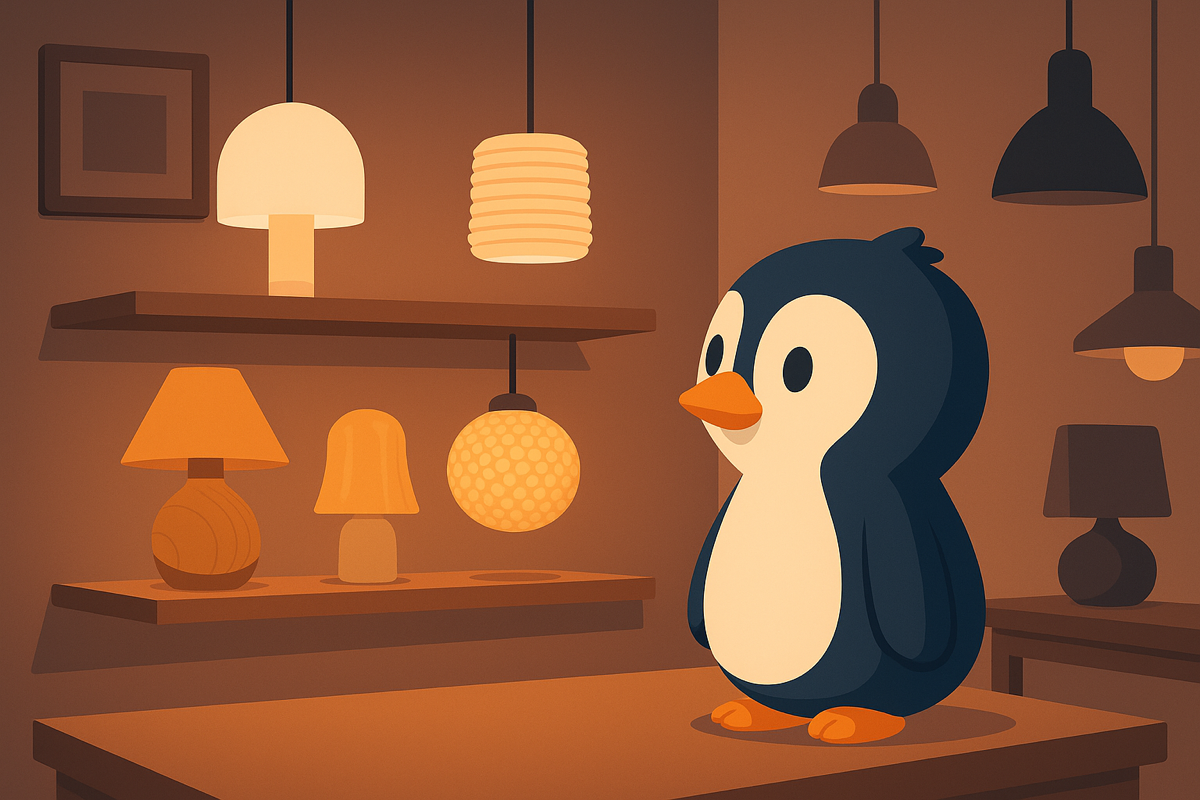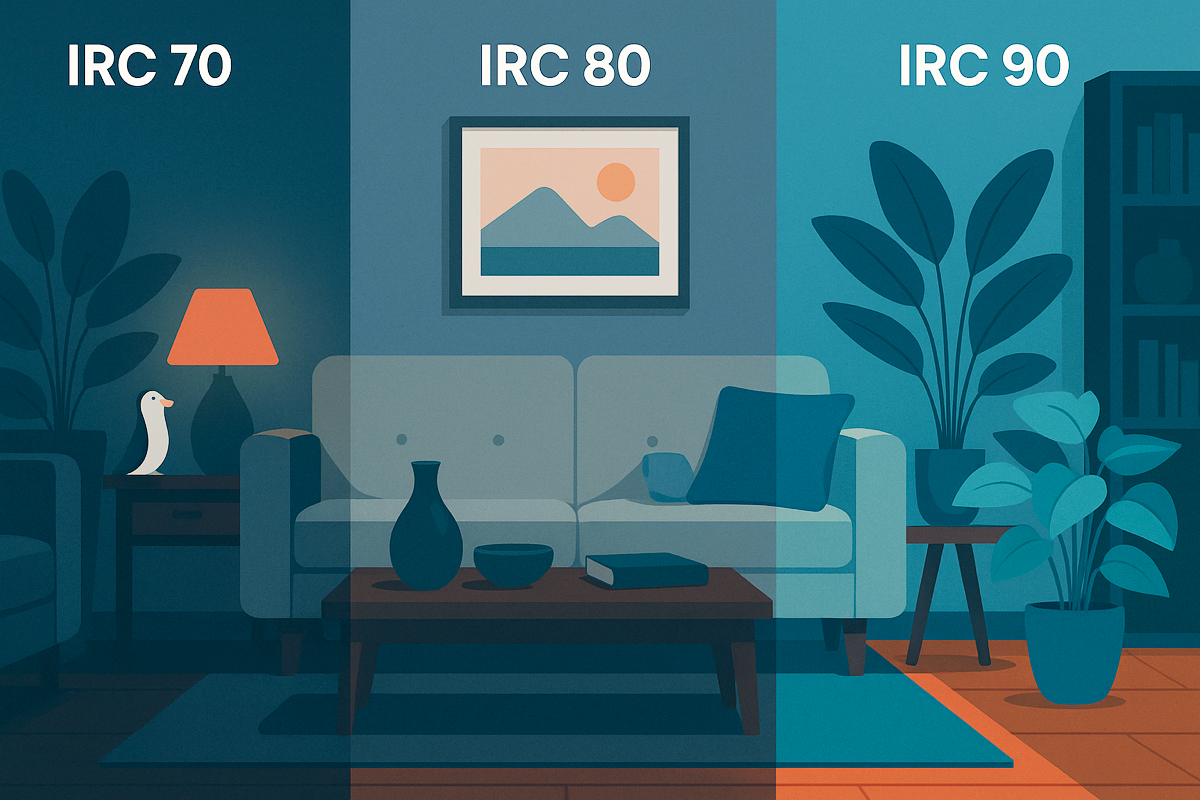Reading time: 5 min
What is a good dawn simulator?
Waking up gently, without harsh noise or harsh light: that's the promise of the dawn simulator. But not all are equal. Behind this name lie very different devices, from classic light alarm clocks to true biological simulators. The design, the progressiveness, the customization, and above all the ability to respect the natural rhythm make all the difference. This comparison ranks four models based on their suitability for starting the day off right, without stress or desynchronization.
The angle is simple: does it work, is it pleasant, is it automated? We compared the functions, the sensations, and the actual impact on the body. With one obvious conclusion: effectiveness doesn't just depend on price. What if light became your favorite alarm clock?
📌 Summary
- ④ Beurer WL 32
- ③ Philips Wake-Up Light HF3500
- ② Lumie Bodyclock
- 1 Laqi Dawn Simulator
- Final verdict
- FAQ
🍫 Beurer WL 32
Price: €49.99
- Advantages: compact, easy to use, low price
- Cons: Harsh lighting, dated interface
- Automation: Manual (no app, no fine programming)
- Interface: Basic
- Health: Not very effective on the circadian rhythm
👉🏻 Good for testing the idea, but that's about it.
🥉 Philips Wake-Up Light HF3519
Price: €129
- Advantages: soft light, recognized brand
- Cons: non-existent app, frankly not great UX
- Automation: Limited (fixed time programming)
- Interface: Cluttered and not very intuitive screen
- Health: Moderate effect on rhythm if well timed
👉🏻 A classic alarm clock, which focuses more on the brand than on innovation.
🥈 Philips SmartSleep HF3654
Price: €229
- Advantages: premium design, relaxing sounds
- Disadvantages: no geolocation, no dynamic cycle
- Automation: low (programmable but not dynamic)
- Interface: Very archaic, requires manually turning off the light.
- Health: Good light/sound transition
👉🏻 A beautiful piece, but not the smartest.
🥇 Laqi Dawn Simulator
Price: €29 (bulb) + €89 (egg)
- Advantages: complete simulation according to your city and season.
- Cons: Requires the full ecosystem but can equip an entire house.
- Automation: Total (time, season, cycle, everything is managed)
- Interface: Invisible (you don't touch anything)
- Health: Respects the real circadian rhythm
👉🏻 One of the only truly intelligent dawn simulators, signed 🇫🇷
💡 Discover the Laqi starter kits
Final verdict
If you're looking for a gentle, useful, and healthy alarm clock, avoid gimmicky lights. The Laqi simulator clearly stands out thanks to its complete automation and respect for your biological rhythm. Philips and Loftie get the job done, but remain limited in adaptability. As for the Beurer, it's a good fit... but won't revolutionize your mornings.
💬 FAQ
Does a dawn simulator really work?
Yes, if the light is gradual and adapted to the biological clock. Otherwise, it's just a nightlight.
Do I need a simulator if I sleep with the curtains/shutters open?
Yes, because the seasons change and so does your wake-up time. With the simulator, you're sure to wake up even without outside light.
Why is Laqi more effective?
It adapts the light to your city, your rhythm, and the season. Without you having to think about it. And it's pretty.
What if your mornings became natural?
Light is the first signal your brain waits for to wake up. It might as well be well chosen. The Laqi simulator does the job for you.
